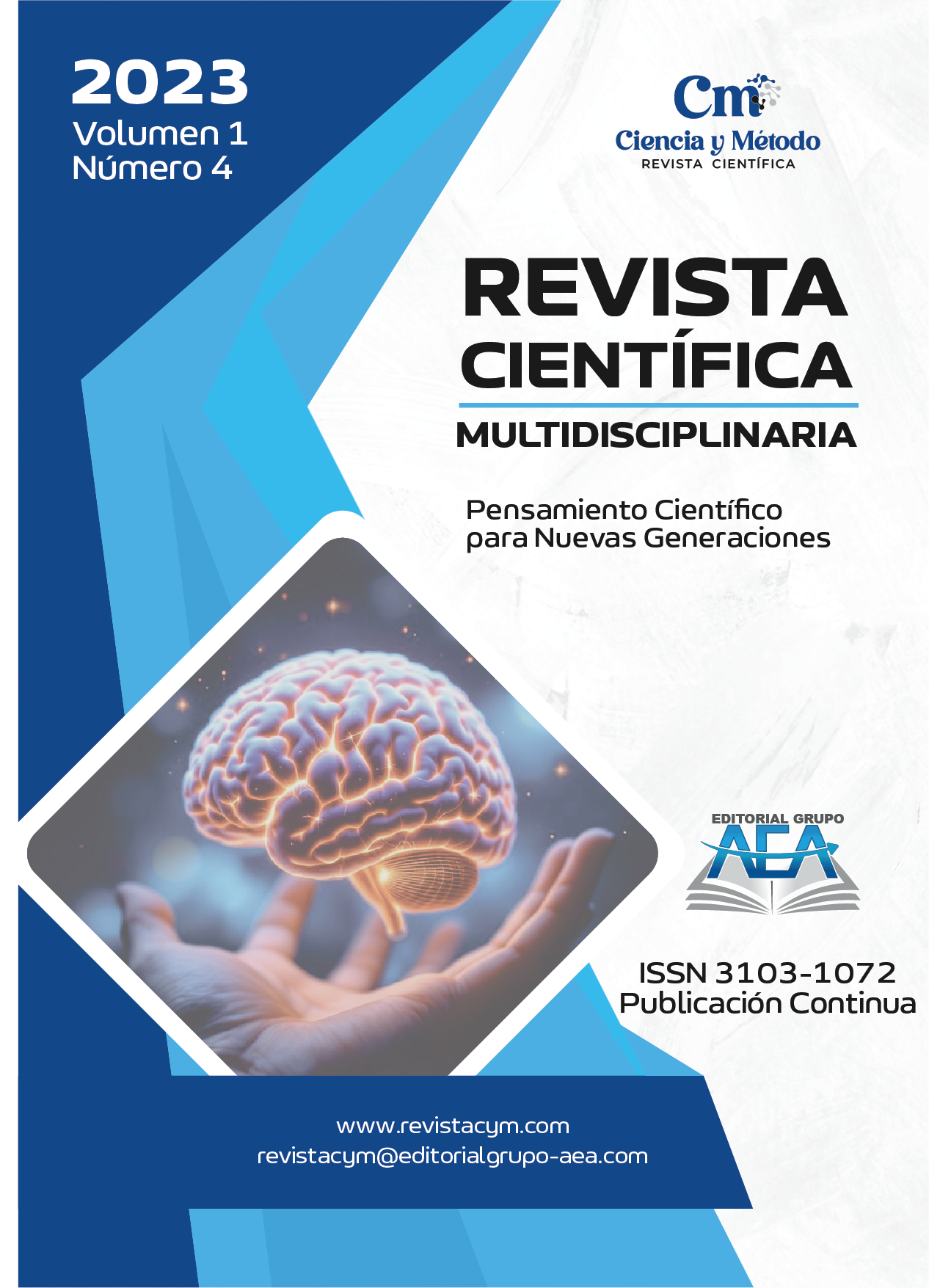Analysis of energy efficiency in hybrid propulsion systems for land vehicles
Main Article Content
Abstract
The growing concern about climate change has prompted the study of more efficient vehicle technologies, with hybrid propulsion systems being a key alternative in the transition towards sustainable mobility. This study develops a systematic literature review focused on the energy efficiency of ground-based hybrid systems, analyzing architectural configurations and energy management strategies. Scientific sources indexed between 2018 and 2023 were consulted, employing rigorous inclusion criteria and comparative qualitative analysis techniques. The results show that combined hybrid systems are more efficient than series and parallel configurations, due to their operational flexibility and dynamic optimization of energy use. Likewise, the positive impact of Model Predictive Control in real-time energy management is highlighted, anticipating energy demands and optimizing resources under variable operating conditions. The discussion highlights the technological superiority of combined architectures and the effectiveness of predictive control in complex urban contexts. It is concluded that the integration of these technologies represents a strategic way to improve the performance of hybrid vehicles and to advance towards global decarbonization goals in the transport sector.
Downloads
Article Details
Section

This work is licensed under a Creative Commons Attribution-NonCommercial 4.0 International License.
How to Cite
References
Alarcón Vera, L. G., & Lema Tenegusñay, L. E. (2023). Análisis del consumo energético de un vehículo híbrido en rutas urbanas en la ciudad de Guayaquil mediante simulación del tren de potencia (Trabajo de grado, Ingeniería Automotriz). Universidad Politécnica Salesiana. http://dspace.ups.edu.ec/handle/123456789/25920
Beltrán-Jimenez, S. S., Gómez-Reina, M. Ángel, Monsalve-Estrada, N. Y., Ospina-Ladino, M. C., & López-Muñoz, L. G. (2023). Optimización del Overrun (aireado), del rendimiento, de los sólidos solubles y los costos de un helado mediante el diseño de mezclas. Journal of Economic and Social Science Research, 3(4), 68–83. https://doi.org/10.55813/gaea/jessr/v3/n4/81 DOI: https://doi.org/10.55813/gaea/jessr/v3/n4/81
Carignano, M. (2018). Optimización energética de vehículos eléctricos híbridos (Tesis doctoral). Centro Científico Tecnológico – CONICET Rosario. https://hdl.handle.net/11336/84161
Gao, Y., Li, Q., Zhang, H., & Yang, M. (2023). An intelligent model predictive energy management strategy for hybrid electric vehicles based on driving pattern recognition. Applied Energy, 344, 120260.
International Energy Agency. (2023). Transport sector CO2 emissions. IEA. https://www.iea.org/reports/transport
Jiménez, J. C. (2021). Análisis de enseñanzas de transportes y vehículos en las titulaciones de Ingeniería Industrial y afines (Trabajo académico, Foro de Ingeniería de los Transportes). Universidad de Burgos. http://hdl.handle.net/10259/6883
Liu, Y., Zhang, T., Chen, Y., & Wu, M. (2023). Performance evaluation of different hybrid electric vehicle architectures under real-world driving conditions. Applied Energy, 333, 120563.
López Hidalgo, M. A., & Torres Moscoso, D. F. (2016). Análisis energético de un sistema de propulsión eléctrico alternativo para movilidad en el cantón Cuenca (Trabajo de graduación, Magíster en Sistemas Vehiculares). Universidad del Azuay. http://dspace.uazuay.edu.ec/handle/datos/5605
Luo, Y., Zhang, C., & Wang, J. (2021). Model predictive energy management for series hybrid electric vehicles based on traffic and road preview. Journal of Power Sources, 483, 229096.
Merei, G., Sauer, D. U., & Dühring, J. (2023). Environmental impact of electric and hybrid vehicle batteries: A life cycle assessment review. Journal of Cleaner Production, 406, 136933.
Muñoz, P. M. (2019). Estudios de sistemas vehiculares de emisión cero y modelado de baterías de ion litio para aplicaciones en sistemas de transporte terrestre (Tesis doctoral, Instituto de Investigaciones en Fisicoquímica, CONICET). CONICET Digital. http://hdl.handle.net/11336/8059
Rahman, M. M., Hasan, M. M., & Sharma, R. (2021). Review of hybrid electric vehicle technology and its challenges: A pathway to sustainable transportation. Environmental Technology & Innovation, 24, 101868.
Roberts Morales, C. (2021). Análisis de viabilidad de la electromovilidad para el caso de vehículos militares de transporte (Tesis doctoral). Universidad de Granada. http://hdl.handle.net/10481/68001
Salazar Nájera , M. J. ., & Sampietro Saquicela, J. L. . (2022). Propulsion system for a hybrid electric vehicle with energy storage by regenerative braking. Sapienza: International Journal of Interdisciplinary Studies, 3(6), 39–57. https://doi.org/10.51798/sijis.v3i6.480 DOI: https://doi.org/10.51798/sijis.v3i6.480
Shah, R. A., Malik, T. N., & Ali, R. (2021). Optimization of parallel hybrid electric vehicle performance using energy management strategy based on fuzzy logic. Sustainable Energy Technologies and Assessments, 46, 101219.
Sun, J., Liu, Y., Hu, H., & Zhai, G. (2022). Adaptive model predictive control for hybrid electric vehicle energy management with real-time traffic information. Energy, 238, 121870.
Zhang, H., Wang, J., Chen, L., & Liu, Z. (2022). Energy and environmental impacts of hybrid electric vehicles with different powertrain architectures. Journal of Cleaner Production, 340, 130774.





